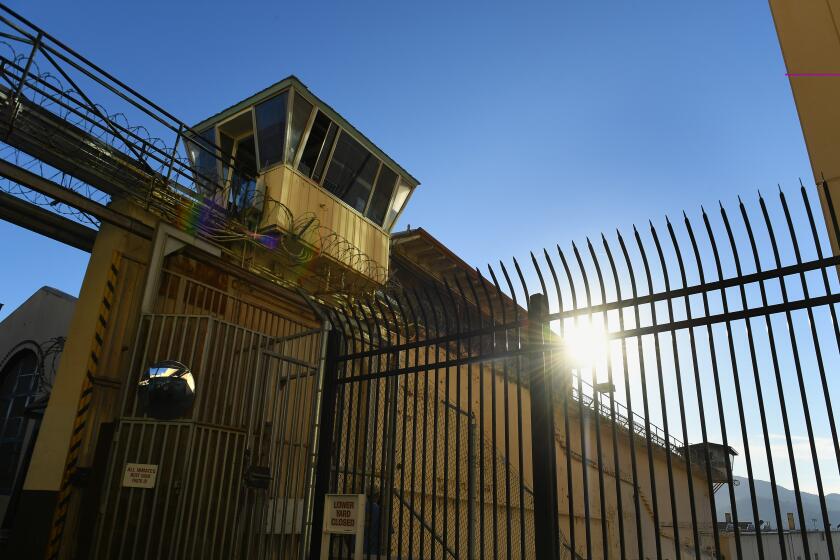The right move on Afghanistan
In announcing the withdrawal of 33,000 U.S. troops from Afghanistan by the end of next summer, President Obama trumpeted real gains against Al Qaeda and the Taliban. But the pullout also reflects the impatience of the American public with a war that has lasted 10 years and seems not much closer to achieving its most ambitious goals. Whichever justification you prefer, Obama made the right choice.
In his televised address Wednesday, the president said that Al Qaeda has been dramatically weakened — not least by the killing of Osama bin Laden — and that the Taliban has been deprived of many of its strongholds. These accomplishments are important. Despite the withdrawal, which will be larger than his military advisors wanted, Obama hopes that the remaining 68,000 U.S. troops, working alongside Afghan forces and allies, can consolidate the gains made after the surge and speed the next troop reduction.
So do we, but we also hope that the United States will continue to withdraw troops at a steady pace right up to 2014, the NATO deadline for turning over security responsibilities completely to the Afghan government. Without belittling the military achievements Obama mentioned, we don’t think the Afghan enterprise is worth the investment of lives and resources America has made.
It isn’t just the length of the presence in Afghanistan that embitters many Americans, or the death toll of 1,634 U.S. troops. It’s the slow — and sometimes nonexistent — progress toward the civil society this country has taken upon itself to build. The impediments to that project are well known: an ineffectual and corrupt government in Kabul and widespread resistance to any strong central government at all, among other things. And none of the obstacles shows signs of going away.
Some see the withdrawal announced Wednesday as a signal that the administration is moving from a policy of counterinsurgency (including “nation-building”) to one of counter-terrorism. The latter doctrine, championed by Vice President Joe Biden, concentrates on targeting terrorists rather than transforming Afghanistan’s culture to one in which they cannot prosper.
Finally, Obama said that the United States “will join initiatives that reconcile the Afghan people, including the Taliban.” It would have been unthinkable just a few years ago that this country would negotiate with the Taliban, but Obama made it clear that the U.S. would participate in talks only with those who abandon their association with Al Qaeda, renounce violence and agree to abide by the Afghan Constitution. A political settlement, if it could be negotiated, would be the ultimate reason to accelerate the withdrawal from Afghanistan. The United States should pursue it.
More to Read
A cure for the common opinion
Get thought-provoking perspectives with our weekly newsletter.
You may occasionally receive promotional content from the Los Angeles Times.










